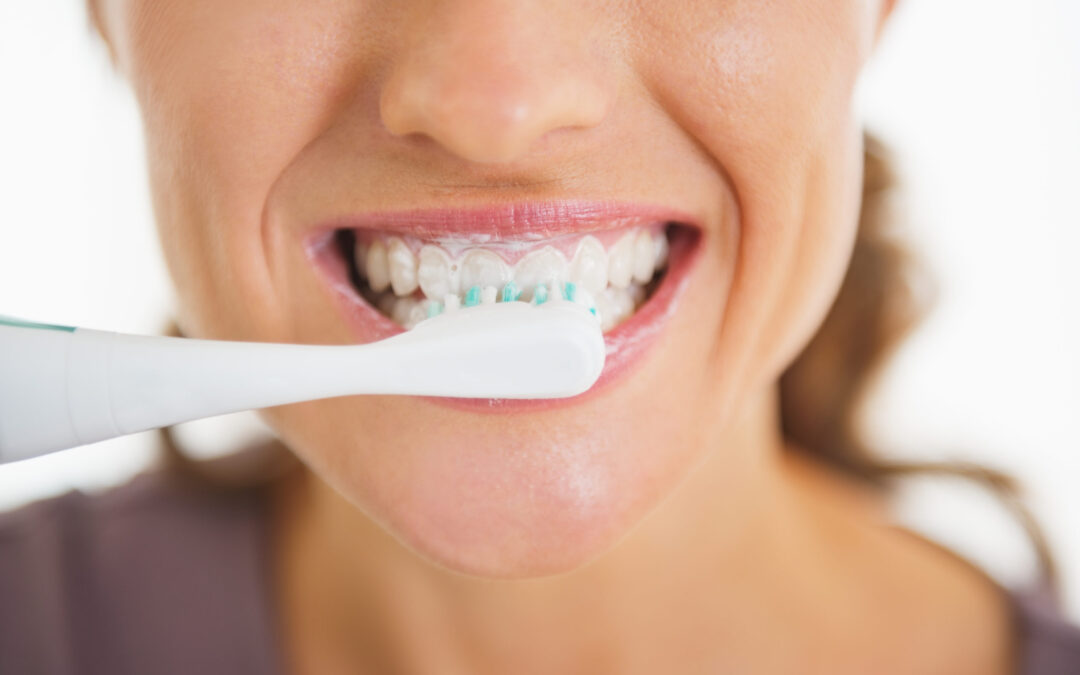Why oral health is important
It’s no secret that good oral health is important. Not only does it help you maintain a healthy and beautiful smile, but it also prevents gum disease, tooth decay, and other serious health problems.
But despite its importance, keeping your mouth healthy can be tricky. Between sugary drinks, acidic foods, and the natural aging process, our teeth often take a beating. And if you’re not careful, those small problems can turn into big ones.
That’s why it’s so important to be proactive about your oral health. Brushing twice a day, flossing daily, and visiting your dentist regularly are all key to keeping your smile shining bright.
The different types of dental care products available
There are a variety of dental care products available on the market, and it can be difficult to determine which ones are right for you. Here is a breakdown of the different types of dental care products:
-Toothpaste: There are many different types of toothpaste available, and it is important to choose one that is right for your needs. If you have sensitive teeth, there are toothpastes available that are designed to help with this issue. There are also toothpastes that whiten teeth, and those that contain fluoride to help protect against cavities.
-Toothbrush: There are many different types of toothbrushes available, and it is important to choose one that is comfortable for you to use. Electric toothbrushes can be a good option for those who have trouble brushing their teeth effectively.
-Floss: Flossing is an important part of oral health, and there are many different types of floss available. You should choose a type of floss that is comfortable for you to use, and that will reach all areas of your mouth easily.
-Mouthwash: Mouthwashes can help to remove food particles and bacteria from your mouth, and they come in both alcohol-based and non-alcohol-based varieties. It is important to choose a mouthwash that is right for your needs.
Which state has the best dental care?
There are many factors to consider when determining which state has the best dental care. Some states have more dentists per capita than others, while some have more access to dental insurance. However, one study found that the state of Michigan had the best dental care in the nation.
The study, conducted by the Pew Charitable Trusts, looked at a number of factors to determine which states had the best and worst dental care. These included rates of tooth decay, access to dental insurance and dentists, and quality of dental care. Michigan was found to be the best state for dental care, while Mississippi was found to be the worst.
Common Cosmetic Dental Problems
There are a few common cosmetic dental problems that can arise no matter how well you take care of your teeth. Here are a few of the most common problems and how to fix them.
Yellowing Teeth: Over time, teeth will naturally yellow. This can be caused by food, drink, smoking, and certain medications. There are a few ways to combat yellowing teeth including whitening toothpaste, whitening strips, and professional teeth whitening.
Stained Teeth: Stained teeth are often the result of drinking coffee, tea, or red wine. They can also be caused by smoking or certain medications. The best way to avoid stained teeth is to brush after every meal and avoid foods and drinks that cause staining. If you do have stained teeth, there are a few ways to get rid of the stains including professional teeth whitening and at-home whitening kits.
Crooked Teeth: Crooked teeth are often the result of genetics but can also be caused by injury or thumb sucking as a child. There are a few options for correcting crooked teeth including braces, clear aligners, and veneers.
Gaps in Teeth: Gaps in between the teeth can occur for a number of reasons including genetics, injury, gum disease, or tooth loss. Gaps can be corrected with bonding, veneers, or implants depending on the severity of the gap and also dental veneers help correct many cosmetic dental issues.
Missing Teeth: Missing teeth can occur for a variety of reasons, including tooth decay, gum disease, or injury. Dental implants or bridges can be used to replace missing teeth and restore your smile.
Lastly, if you have bad breath, you may want to consult with your dentist about possible causes and treatment options.
How to maintain good oral health
It is important to maintain good oral health for many reasons. The mouth is the gateway to the body, and what goes into the mouth can affect the whole body. Additionally, good oral health can improve self-esteem and confidence.
There are a few simple things that everyone can do to maintain good oral health. First, brush your teeth at least twice a day with a toothpaste that contains fluoride. Fluoride helps to prevent tooth decay bystrengthening tooth enamel. In addition to brushing, flossing daily is also important in order to remove plaque and bacteria from between the teeth and along the gum line. Lastly, visit your dentist regularly for professional cleanings and checkups.
By following these simple tips, you can maintain good oral health and avoid common dental problems such as tooth decay, gum disease, and bad breath.
How to find a good dentist
It can be difficult to find a good dentist, especially if you have moved to a new area or your old dentist has retired. Here are some tips on how to find a good dentist:
-Ask your friends, family, and co-workers for recommendations. They may know of a good dentist in the area.
-Check with your local dental society. They may have a list of recommended dentists in the area.
-Call around to different dental offices and ask about their services and fees. You can also ask if they accept your insurance plan.
-Read online reviews of local dentists. This can give you an idea of what other people have experienced at the office.
-Once you’ve found a few potential dentists, make sure to schedule a consultation appointment so you can meet them in person and get a feel for their bedside manner.
The importance of flossing
The importance of flossing cannot be understated. Flossing removes plaque and bacteria from between your teeth and along your gumline – areas that brushing alone cannot reach. A build-up of plaque can lead to tooth decay and gum disease, both of which can have serious consequences for your oral health.
Flossing is quick and easy to do, and it only takes a few minutes out of your day. There’s no excuse not to do it! So make sure you add flossing to your daily oral care routine – your teeth will thank you for it.
Conclusion
Looking after your oral health can be tough, especially if you’re not used to it. However, it’s important to do what you can to maintain good oral hygiene. With a little effort, you can keep your mouth healthy and avoid problems down the line. Thanks for reading!














